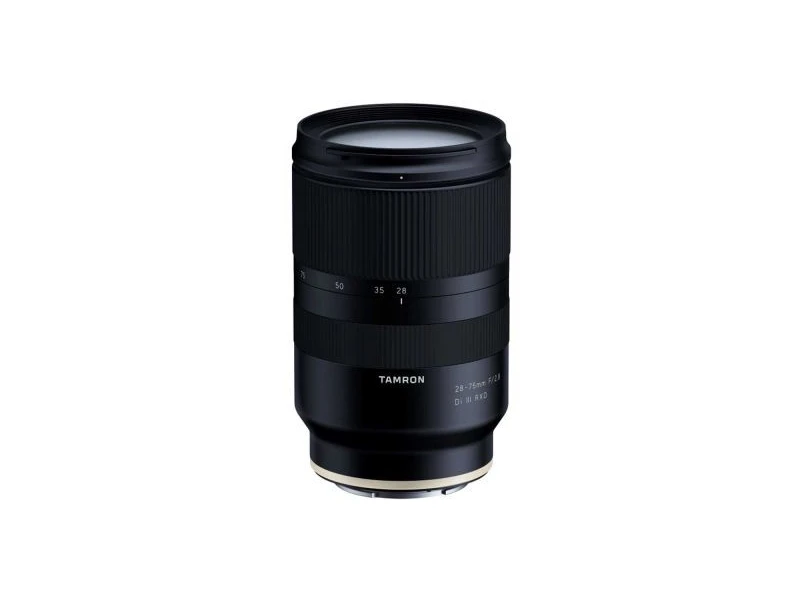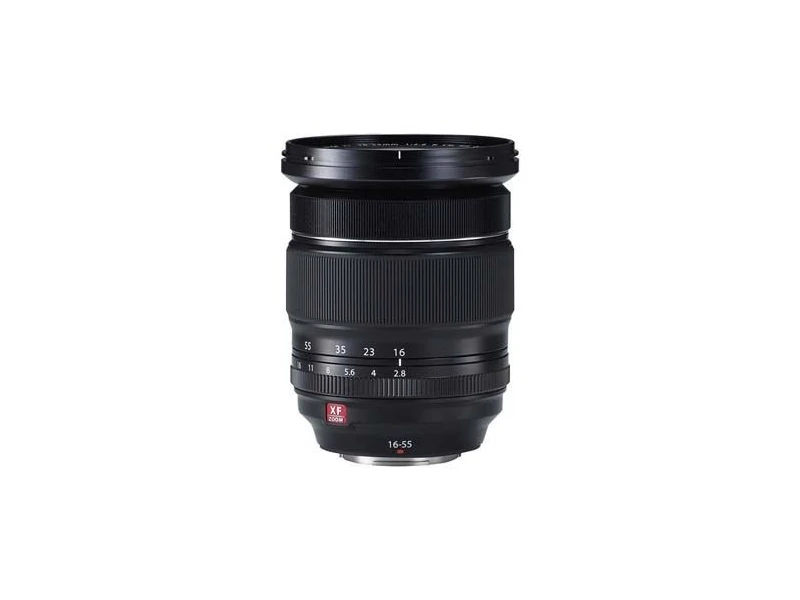Tamron 28-75mm f/2,8 DI III VXD G2 Sony E Mount (Sony E Mount) vs Fujifilm Fujinon XF 16-55mm f/2,8 R LM WR
Tamron 28-75mm f/2,8 DI III VXD G2 Sony E Mount (Sony E Mount) vs Fujifilm Fujinon XF 16-55mm f/2,8 R LM WR
When comparing Fujifilm Fujinon XF 16-55mm f/2,8 R LM WR and Tamron 28-75mm f/2,8 DI III VXD G2 Sony E Mount (Sony E Mount), which one is better?
1. Lens Mount Comparison
The lenses each feature different lens mounts — the Tamron 28-75mm f/2,8 DI III VXD G2 - (Sony E Mount) features a Sony E while the Fujifilm Fujinon XF 16-55mm f/2,8 R LM WR features a Fujifilm XF — and because of this the preference varies. If you have a compatible camera, then of course that lens will be a better choice for you.
Winner: Tied — It depends on your gear
Regarding lens mount: Popular lens mounts are Canon RF and EF, Micro Four Thirds and Nikon Z. Different lens mounts lets you connect different lenses to camera bodies, but some might not be compatible. This can be helped by using an adapter, like a Canon EF to RF adapter.
2. Largest Aperture Comparison
Both lenses share the same aperture of 2.8 — this means that you may buy both Tamron 28-75mm f/2,8 DI III VXD G2 - (Sony E Mount) and Fujifilm Fujinon XF 16-55mm f/2,8 R LM WR in this regard; they''re the same.
Winner: Tied
Regarding largest aperture: A lower aperture number means that the widest aperture on the lens is larger. This means that more light will hit the sensor and also that the depth of field will be shallower, better separating your subject from the background.
3. Lens Type Comparison
Both lenses are Zoom lenses, which means that you can choose both Tamron 28-75mm f/2,8 DI III VXD G2 - (Sony E Mount) or Fujifilm Fujinon XF 16-55mm f/2,8 R LM WR if you're looking for that type of lens.
Winner: Tied
Regarding type: There are two types of lenses; zoom lenses and prime lenses. Prime lenses have a fixed focal length and cannot be zoomed, while zoom lenses have a focal length range and can be zoomed in to get closer to the subject. Prime lenses are usually lighter, cheaper and let in more light. Zoom lenses are more versatile but are more expensive since they require a more advanced lens design.
Specifications
Full specifications table of Tamron 28-75mm f/2,8 DI III VXD G2 Sony E Mount (Sony E Mount) and Fujifilm Fujinon XF 16-55mm f/2,8 R LM WR:
| Tamron 28-75mm f/2,8 DI III VXD G2 - (Sony E Mount) | Fujifilm Fujinon XF 16-55mm f/2,8 R LM WR | |
 |  | |
| Brand | Tamron | Fujifilm |
| Weight | Missing | 655 g |
| Lens Mount | Sony E | Fujifilm XF |
| Focal Length | 28 - 75 mm | 16 - 55 mm |
| Largest Aperture | 2.8 | 2.8 |
| Anamorphic | No | Missing |
| Minimum Focus Distance | Missing | 30 cm |
| Type | Zoom | Zoom |
| Filter Thread Diameter | Missing | 77 |
| Aperture Blades | Missing | 9 |
| Lens Groups | Missing | 12 |
| Lens Elements | Missing | 17 |
| Image Stabilization | Missing | No |
| Autofocus | Missing | Evet |
| Macro | Missing | No |
| Weather Seal | Missing | Yes |
| Full Frame Coverage | Missing | No |
| Lens Hood Included | Missing | Yes |
